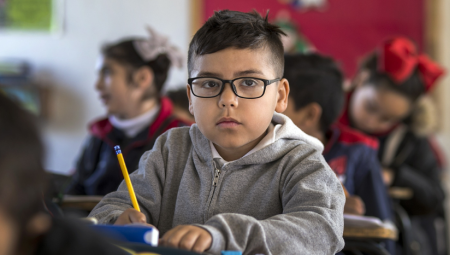Background
Negative aspects of a young person's life can lead to poor mental health (MH). However, services are stretched so often intervene late, leaving young people to suffer with longer lasting/more severe problems. It is possible to spot patterns showing who needs professional help early. However this is difficult as the information needed is secured in different places (e.g. health, education, social care records) and falls under the remit of different research councils (MRC, ESRC).
The main problems are:
- predictive models aren’t accurate enough: difficulties linking the above data together probably result in many factors being missed;
- models built in one place may not be effective in others: we need a way to securely analyse data from different places;
- there is no agreement on how to make sure data are managed safely, fairly and transparently.
Project aims
To solve these problems we aimed to:
- Combine two new technologies to demonstrate it is possible to analyse data across trusted research environments in different places and preserve individual’s privacy
- Consult with patients, the public, organisations contributing data, and legal/ethics experts to agree the best way to oversee data use, ensuring it’s managed safely and fairly. We have been working together for three years and have already been funded to bring data together from education, social care and health services in Cambridgeshire and Peterborough, and the necessary ethical permissions are in place.
Project activity
- We built a demonstrator federated informatics infrastructure able to analyse synthetic multi-agency data across three regions. We demonstrated the ability to answer the question: What is the incidence and prevalence of mental health problems and associated risk factors in children and young people 0-17 years, across Cambridgeshire and Peterborough, Birmingham and Essex?’
-
We undertook 16 workshops with 11-24y and parents/guardians.
-
We recruited 200 people across the UK, with very good diversity. This group have agreed to form a community of interest who want to contribute to child health research going forward by engagement and PPI activity relating to children's research projects
Impact
- We are currently applying for s251 exception with the aim of populating the infrastructure with ‘real’ data later this year.
- The project has been the basis of a UKRI Future Leaders Fellowship application (round 7) – awaiting to hear outcome.
- Aim to use this as the basis of developing digitally supported personalised preventative pathways for childrens’ mental health
- Working with NIHR BioResource (D-CYPHR) and aim to explore linking this multi-agency data with genetic & biomarker data
- The data will be available for use by approved researchers via an shared data environment
- The IG and PPI work has directly supported the current regional SDE development program.
Who is involved:
- Principal investigator: Dr Anna Moore
- Prof. Gos Micklem, University of Cambridge
- Dr Rudolf Cardinal, University of Cambridge
- Prof. Tamsin Ford, University of Cambridge
- Prof. Meena Kumari, University of Essex
- Dr Pavan Mallikarjun, University of Birmingham
- Prof. Dennis Kehoe, AIMES
- Dr Blaise Thomson, Bitfount
Resources
Click here to read our final report
For more information and further resources click here





